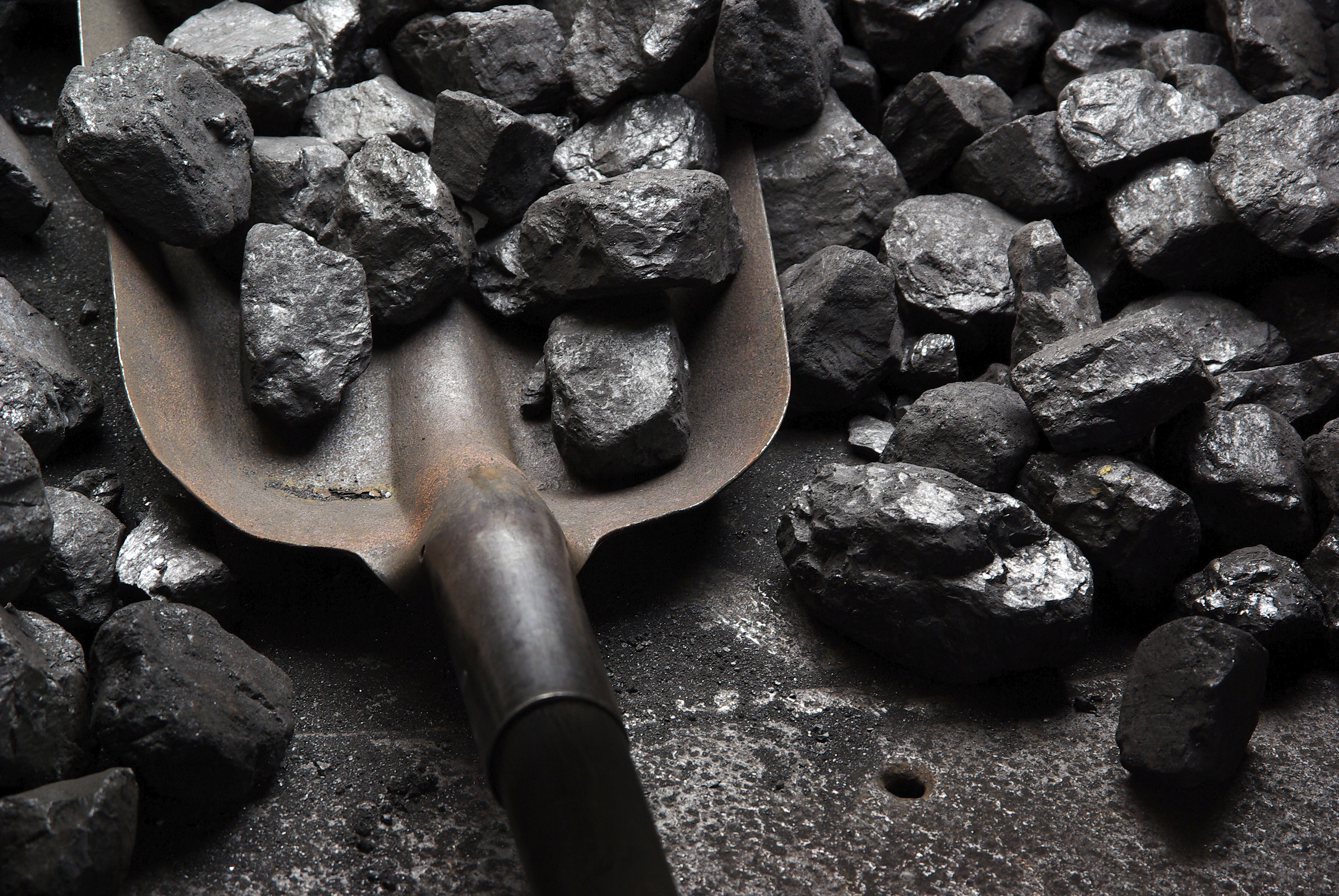
The most significant uses of coal are in electricity generation, steel production, cement manufacturing and as a liquid fuel. Steam coal - also known as thermal coal - is mainly used in power generation.
Other important users of coal include alumina refineries, paper manufacturers, and the chemical and pharmaceutical industries. Several chemical products can be produced from the by-products of coal. Refined coal tar is used in the manufacture of chemicals, such as creosote oil, naphthalene, phenol, and benzene. Ammonia gas recovered from coke ovens is used to manufacture ammonia salts, nitric acid and agricultural fertilisers. Thousands of different products have coal or coal by-products as components: soap, aspirins, solvents, dyes, plastics and fibres, such as rayon and nylon.
Coal is also an essential ingredient in the production of specialist products:
| Gross Calorific Value | GAR | 4,200 Kcal/kg | 4,800 Kcal/kg | 5,200 Kcal/kg |
| Gross Calorific Value | NAR | 6,200 Kcal/kg | 6,700 Kcal/kg | 6,900 Kcal/kg |
Gross Calorific Value
GAR - 5,200 Kcal/kg
| SIZE | 0mm to 8mm | 8mm to 20mm | 20mm to 50mm |
| Parameter | Unit | Value | Significance |
|---|---|---|---|
| Fixed carbon | % (m/m) | 85 - 91 | High carbon indicates high calorific value. |
| Volatile matter | % (m/m) | < 2 | Low VM indicates difficulty in igniting. |
| Gross calorific value | Kcal/Kg | 7,800 - 8,000 | Key from customer perspective. Significantly higher than coal. |





















